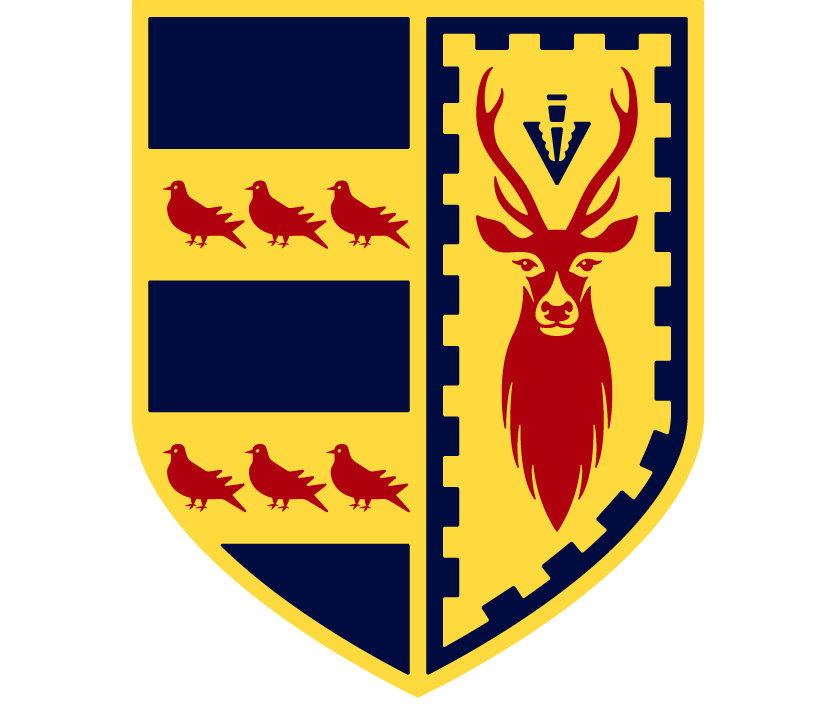Curriculum
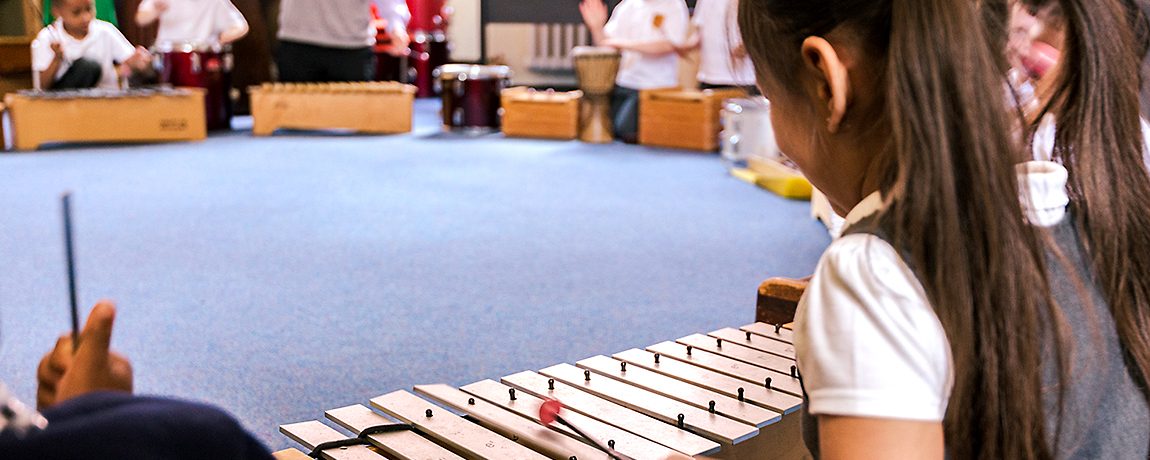
Curriculum Intent
Our school, based in the heart of Westminster, has a curriculum that acknowledges the rich history of our locality, explores contrasting locations, embraces new technology and challenges global issues.
We structure our curriculum through a long term map that demonstrates the sequential progression of knowledge and skills, building on prior knowledge and giving pupils opportunities to distil and consolidate their learning.
Our curriculum prepares our pupils for the future by quipping them with the essential skills of collaboration, communication, investigation, motivation, self-management and problem solving, we are preparing them for the future with the skills and knowledge to be an exceptional citizen and to succeed in life.
Alongside the British Values, our Christian values of friendship, compassion and service further permeate the teaching of every subject area and underpin the inclusive nature of our broad and rich curriculum.
Parents are kept informed about the curriculum through:
- Termly class newsletters
- ‘Meet and Greet’ sessions at the beginning of each academic year
- Class assemblies where the children showcase their work for the term
- Parent workshops held twice yearly
For detailed information regarding our curriculum, please contact the school.
Early Years Foundation Stage
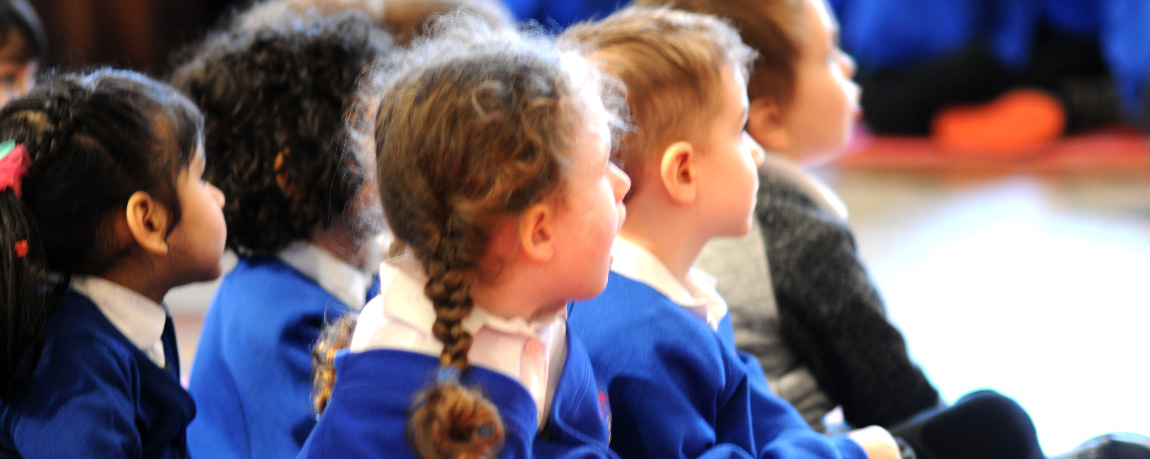
Our Early Years curriculum follows Development Matters, which is based on the principles that children are born ready, able and eager to learn by actively reaching out to interact with other people, and in the world around them.
The themes and principles that underpin how we work together for our children in EYFS are:
- Every Child Is Unique: Every child is a unique child who is constantly learning and can be resilient, capable, confident and self-assured.
- Positive Relationships: Children learn to be strong and independent through positive relationships.
- Enabling Environments: Children learn and develop well in enabling environments in which their experiences respond to their individual needs and there is a strong partnership between practitioners and parents/carers.
- Learning in Different Ways: Children develop and learn in different ways. The framework covers the education and care of all children in Early Years provision including children with Special Educational Needs and disabilities.
Development Matters recognises that development is not an automatic process, rather it depends very much on each unique child having opportunities to interact in positive relationships and enabling environments. Under this scheme, the areas of learning and development are broken up into Prime Areas and Specific Areas.
The Prime Areas begin to develop quickly in response to relationships and experiences, and run through and support learning in all other areas. The Specific Areas include essential skills and knowledge and they grow out of the Prime Areas to provide important contexts for learning.
Prime Areas:
- Personal, Social & Emotional Development (including Making Relationships, Self–Confidence & Self-Awareness and Managing Feelings & Behaviour)
- Physical Development (including Moving & Handling and Health & Self-Care)
- Communication and Language (including Listening & Attention and Understanding & Speaking)
Specific Areas:
- Literacy (including Reading & Writing)
- Mathematics (Number & Shape, Space & Measure)
- Understanding the World (People & Communities, The World & Technology)
- Expressive Arts and Design (Exploring and Using Media & Materials and Being Imaginative)
Related documents:
- Early Years Foundation Stage Policy
- Development Matters in EYFS
You may need Adobe Reader to view these PDF files.
Teaching of Phonics & Reading
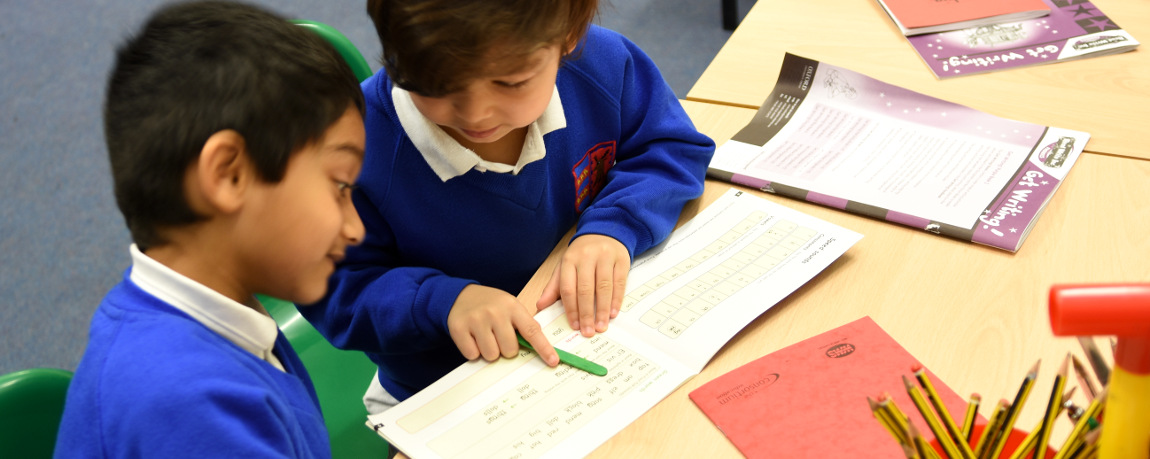
Evidence suggests that children who read for enjoyment every day not only perform better in school, but also develop a broader vocabulary, increased general knowledge and a better understanding of other cultures.
One of the primary benefits of reading is to encourage a higher aptitude for learning in general and numerous studies have shown that students who are exposed to reading as early as possible are more likely to do well in all stages of formal education.
Our Foundation Stage and Key Stage 1 pupils follow the Read Write Inc. scheme of work for Phonics and Reading. This is a comprehensive literacy programme designed to get children reading and writing quickly, while ensuring that phonics is not taught in isolation. This ensures that every child gains accuracy, fluency and a good understanding of the text they are reading.
Key features of Read Write Inc:
- Initial and on-going assessment in tracking every child’s progress
- Grouping children by ability so they learn rapidly at the right level
- Partner work where everyone participates in the whole lesson
Through rigorous assessment, tracking and where required, one-to-one tutoring, we can monitor progress for every child so that no one is left behind. By providing our children with positive early experiences of learning to read, we can help them work quickly and successfully towards continued educational success throughout their lives.
Once a good reading foundation is embedded, parents can help encourage reading for pleasure by talking and singing to children, sharing books and taking them to the library. Evidence shows that children whose families read for pleasure are more likely to continue reading into adulthood.
You can find more information on how to help your child to read here as well as a recommended reading list for different year groups further below.
Mathematics
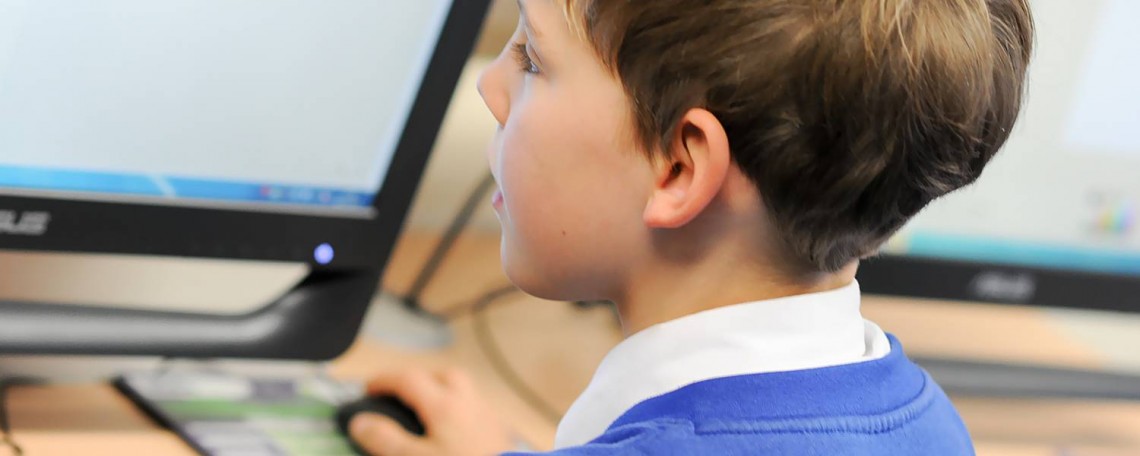
Mathematics remains one of the essential skills that forms the building blocks of a productive society and a thriving economy.
Many life stages and skills require a solid grasp of Mathematics and when children eventually leave school to embark on their careers, they will inevitably need to use the mathematical skills and strategies they have learnt at school.
Through the development of their ability to use number, calculate, reason and solve problems, Mathematics teaches children how to make sense of the world around them and to understand relationships and patterns in both number and space in their everyday lives.
Recognising this, the aims of our Mathematics teaching at Burdett-Coutts are aligned with the aims of the National Curriculum: it is to develop pupils’ fluency, reasoning and problem solving – both in the Mathematics lessons and across the curriculum. We recognise that pupils need to learn basic number facts and acquire fluency in procedures, alongside developing conceptual understanding if they are to be able to solve increasingly complex problems in life and later in the workplace.
Mathematics is also applied in other areas of the curriculum e.g. measuring in Science and DT, using shape and pattern in Art and collecting and presenting data in History, Geography and ICT. Where appropriate, structures apparatus is used to support development of all pupils’ understanding of mathematical concepts.
We have high expectations of all our pupils and endeavour to make the Mathematics curriculum accessible to all pupils; moving them through the programme of study at broadly the same pace.
English: Writing, Speaking & Listening
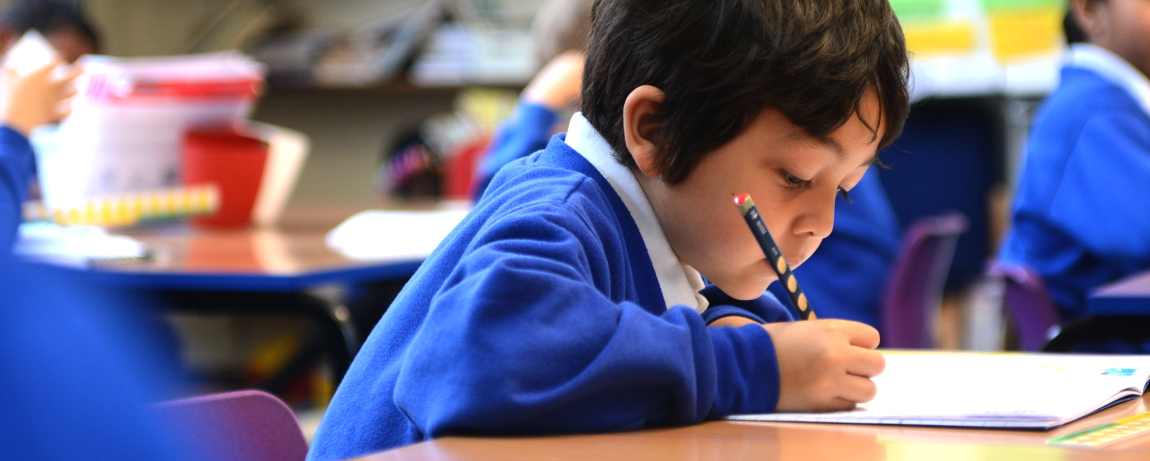
Writing skills are an important part of everyday communication and along with reading, are two of the most important milestones that occur in every child’s life, offering them the skills to interact with the surrounding world and to connect with others effectively and creatively.
Our children are taught to develop and enjoy writing from when they enter Nursery. Spelling is first introduced through phonics and the Read, Write Inc. scheme which begins in the Foundation Stage. Once the children learn the initial letter phonemes and graphemes, they begin to explore more complex graphemes and by KS1, start to investigate different spelling patterns whilst exploring the etymology of words.
Throughout the school, writing is focused on quality (fiction and non-fiction) texts that the children learn to explore, appreciate and use as a route to improving their own writing. As they progress through the years, pupils are taught to write confidently in a range of genres and to use a wide variety of literary techniques to engage their audience.
All classes, from Nursery to Year 6, follow the Penpals handwriting schemes and the children are taught to form their letters in the ‘Sassoon’ font. Letter formations are taught in Reception and the cursive script is introduced from the middle of Year 1. Speaking and listening forms the backbone to the English Curriculum and by learning to tell stories and reciting poems, drama opportunities within school also allow the children to express their ideas verbally and to listen to their peers.
Science
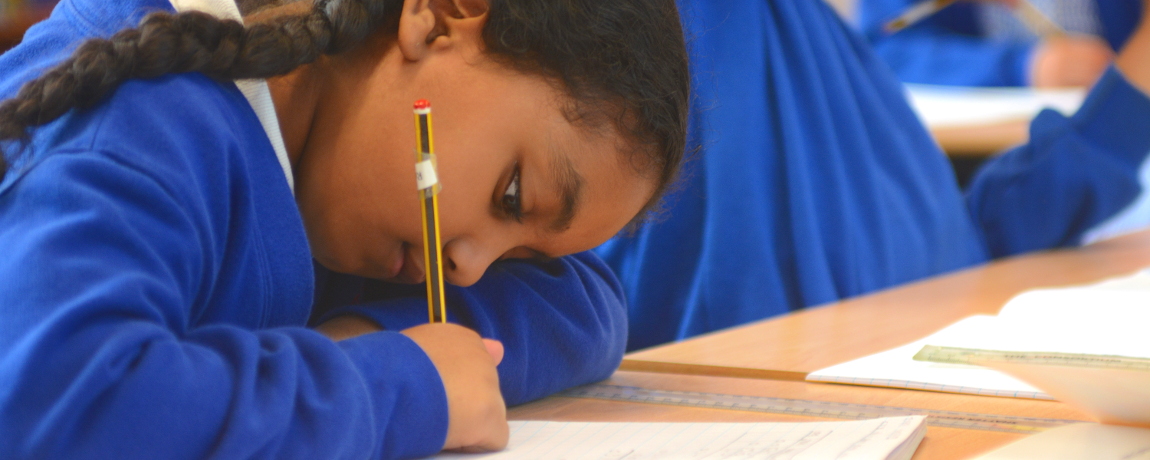
Science education offers the foundations for our pupils to recognise the power of rational explanation and to develop a sense of excitement and curiosity about natural phenomena.
Through building up a body of key knowledge and concepts, pupils should be encouraged to understand how science can be used to explain what is occurring, predict how things will behave and analyse causes.
There is now greater emphasis on ‘working scientifically’, which integrates developing children’s ideas and putting a strong emphasis on their asking their own questions and making decisions. Working scientifically emphasises minds-on as well as hands-on activity, so some science enquiries might be based on finding out using secondary sources of information rather than involving any practical work.
Science is thematically taught throughout the school and planning is arranged within our comprehensive curriculum. In EYFS, all science is taught through cross-curricular exploration and observation while across the rest of the school, science is taught throughout the year in topics or within special curriculum weeks/days as well as discrete lessons.
Our planning provision for all Key Stages has scope for the children to become engaged in scientific enquiry, including practical work, and developing enquiry skills. Our science curriculum provides a balanced programme for all year groups which is able to develop science knowledge and understanding, and has a significant focus on developing skills.
Music & Singing
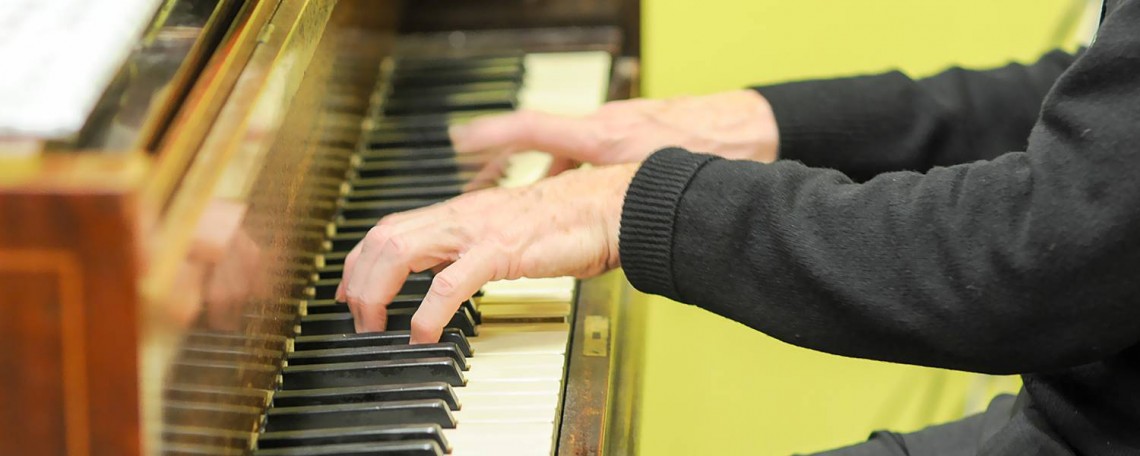
Music is a big part of our school life, and the Music Room resounds to the tones of Drums, Xylophones, Guitars, and all manner of instruments daily.
Being a Church of England Primary School, a lot of our singing is of worship songs, but initiatives like the recent all school training by the Voices Foundation have also focussed us on traditional folksong from around the world and more modern repertoire. Singing takes place in the classrooms, in school halls, and in our church, St Stephen’s, Rochester Row.
All children have equal access to the school’s large stock of instruments which has been built up for many years. Emphasis in music lessons is on the creative side of the subject (rather than historical), and even the youngest are encouraged to compose and imagine musically. A wide repertoire of music is appraised (from Western Rock and Jazz to Inuit Throat Singing, and Javanese Gamelan, to the English Cathedral tradition). The children regularly watch and learn from short films of the world’s great artistes, too.
Because of our location we have had the chance over the years to sing in some of the most famous places of worship and concert giving in the world, and also to be associated with distinguished societies like The Bach Choir. Singing to, and with, the Bach Choir, both in our own Hall, and also at Westminster Cathedral, and in St John’s Smith Square is a big thrill for us. We have also regularly appeared at The Wigmore Hall, at Regent Hall (Oxford Street), the Royal Albert Hall and even at an Evensong held in Westminster Abbey for the RSPCA.
At Christmas time both of our senior choirs go out into our community, to give afternoons of carol singing in places like Norton House (a local care home), the Abbey Community Centre, the John Lewis Partnership, and other local Westminster charities.
Physical Education
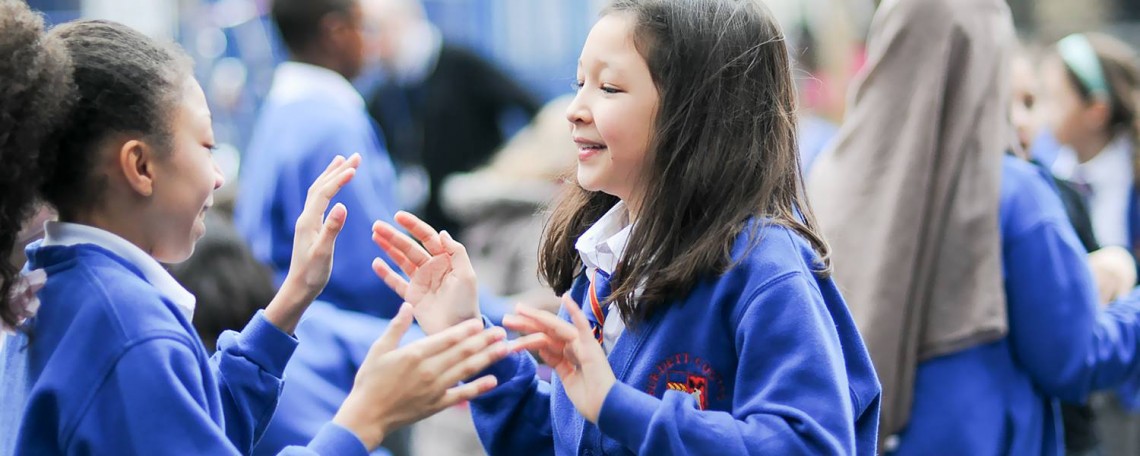
We believe that physical education, physical activity and outdoor education both supports and complements our school ethos and values.
Through PE and opportunities within sports, we actively encourage the development of high moral and spiritual values, self-motivation, independence and self-reliance to empower our pupils to make a real difference, not only to their own lives but to the wider community.
We feel that children will only engage in physical activity, enjoy personal sporting success and participate in competitive sport if they are given the opportunity to experience sport from a young age. We believe that for children to truly enjoy physical education and school sport, they should adopt the role of both performer and coach. Therefore we look at activities and opportunities in school to allow our pupils to foster the skills that will enable them to learn extensive knowledge of fitness and health and to consolidate physical, tactical and adaptive sporting skills.
By meeting the changing and challenging demands of different sporting disciplines, we encourage our pupils to nurture creative and adaptive skills, adopt healthy lifestyles and work towards their future personal development.
